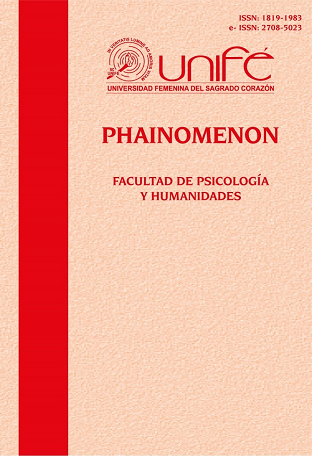The reverse dynamics of internal migration in Perú due to Covid-19 as an ethical-theological place
DOI:
https://doi.org/10.33539/phai.v20i2.2454Keywords:
COVID-19, Internal migration, forced displacement, practices of resistanceAbstract
Among the multiple impacts of the COVID-19 pandemic in Peru, the exodus of thousands of citizens stands out. During the first months of social confinement in 2020, they returned from Lima to their places of origin due to the impossibility of coping with quarantine measures without employment or support networks. This article reflects on this social phenomenon’s ethical and theological implications, interpreting the reversal of internal migration trends in Peru as a locus to understand the systemic violence of the current political-economic system, to recognize the practices of survival and creative solidarity of their victims, and to problematize pending debts and colonial legacies. The experience of these victims-survivors is a place from which to imagine an alternative
ethical-political horizon for a Bicentennial Peru and a theological discourse committed to a historical praxis of substantive social change and solidarity with the oppressed.
Downloads
Published
How to Cite
Issue
Section
License
Copyright (c) 2021 Juan Miguel Espinoza Portocarrero

This work is licensed under a Creative Commons Attribution-NonCommercial-NoDerivatives 4.0 International License.






